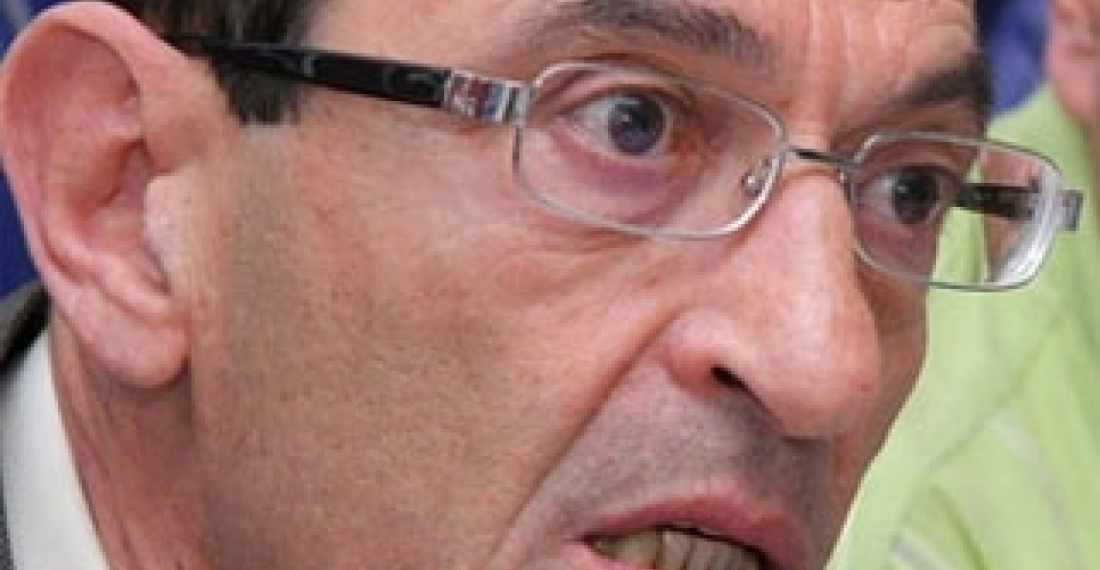- Armenia-Azerbaijan Strategic Expert Platform: Members emphasise the importance of the present moment for the South Caucasus and call for the momentum to be used for the long-term peace and prosperity of the region
- Thursday Interview: Dr. Anar Valiyev
- Food insecurity in Somalia has nearly doubled in the past year
- Türkiye evaluating potential measures in case of a US-Iran conflict
- European Parliament reaffirms support for Ukraine and EU Path
- EU moves ahead with Ukraine loan preparations despite Hungarian block

Azerbaijan with its non-constructive approach to the negotiations is responsible for lack of any progress in the Karabakh peace process, Shavarsh Kocharyan, Deputy Foreign Minister of Armenia told ArmInfo when commenting on OSCE Secretary General Lamberto Zannier's latest interview with Zaman. To recall, Zannier said that he sees no progress in the negotiations.
"Azerbaijan torpedoed the signing of the document in Kazan, which is another reason to blame it for lack of progress in the peace process," Kocharyan said.
To recall, official Baku suggested 10 amendments to the Basic Principles that were to be signed in Kazan. In fact, the document was not signed.
In his interview with Zaman, Lamberto Zannier also said: "Turkey is an important player in the region. It has a political contribution to offer." "I am stating a fact -- it [progress] is not happening. Something is missing," said Zannier. According to Zannier, Turkey's involvement need not be an official one. "I am not talking about a formal role in the negotiations, but in real terms. Turkey is bordering both countries involved in the conflict," he said.








